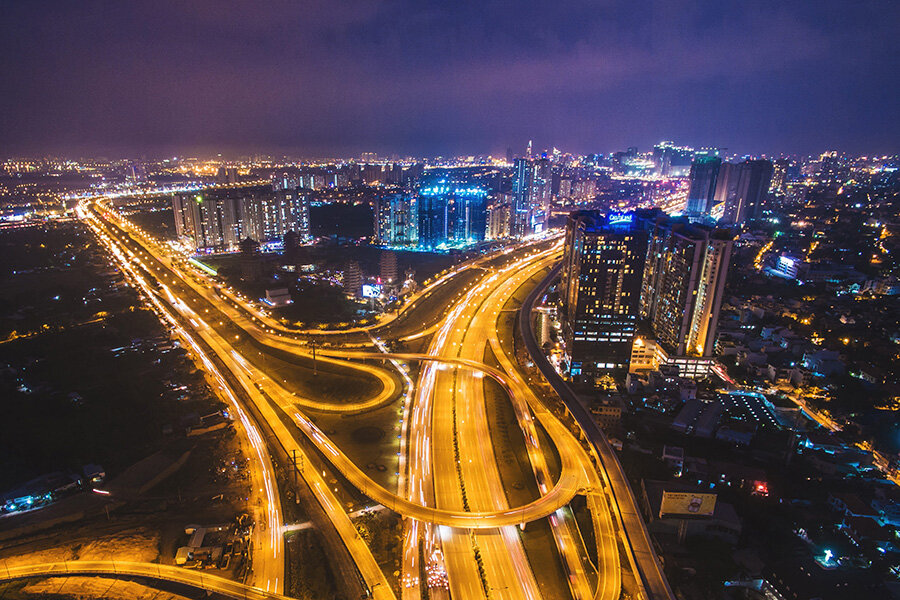read also
Vietnam Plans ‘Golden Visa’ Program for Investors and Professionals: Benefits and Risks

Vietnam is preparing to introduce a new long-term visa program that could significantly reshape its immigration policy and position in Southeast Asia’s investment and talent markets. The proposed “golden visa” would offer 5- to 10-year residency to attract foreign investors and highly skilled professionals.
According to the Economic Times, the proposal was drafted by the Vietnam Tourism Advisory Board (TAB) and submitted to Prime Minister Pham Minh Chinh. The goal is to keep pace with regional competitors such as Thailand, Malaysia, and Indonesia, which already offer attractive long-stay options. The visa targets investors, entrepreneurs, and skilled individuals who can contribute to the country’s economic growth.
Key Categories:
Investor Visa: Up to 10 years of residence for affluent foreigners making an economic contribution. It doesn’t require business operations but does involve approved investments (e.g., real estate). Detailed financial thresholds are yet to be released.
Business Visa: For investors actively engaging in entrepreneurship. After five years of continued investment, applicants may qualify for permanent residency. Eligible sectors include construction, industry, agriculture, tourism, and innovation.
Talent Visa: For top-tier professionals in science, culture, technology, arts, and sports. Requires verified accomplishments and relevance to Vietnam’s labor needs. Offers simplified extension procedures.
Vietnam already operates an investor visa system (DT1–DT4), defined by investment size and business involvement, but the new golden visa could provide more flexibility. It would allow for passive investments without the requirement to run a local business.
TAB envisions pilot implementation in Phu Quoc, Da Nang, Hanoi, and Ho Chi Minh City. The program aligns with Vietnam’s broader strategy to attract 23 million international tourists in 2025, and to modernize its visa regime with easier access for global talent.
Recent reforms include 90-day e-visas, expanded visa-free travel agreements, and simplified reentry rules. Specialized visa categories for academics, artists, and athletes are also in development.
In 2024, Vietnam’s economy grew by 7.09%, driven by exports and foreign investment in high-tech sectors, according to Reuters. Living costs remain low, with monthly expenses ranging from $700–$1,400.
Vietnam is seen as a safe destination, but natural disasters (typhoons, floods), environmental concerns (urban air and water pollution), and bureaucratic hurdles remain challenges. The country’s one-party governance also introduces corruption risks for foreign investors.
Cultural differences, urban density, motorbike-heavy traffic, cuisine, and language barriers can be surprising for European expats. Access to Western-style infrastructure, healthcare, and education is limited outside major cities, often requiring reliance on international schools and private clinics.
While the “golden visa” proposal enhances Vietnam’s appeal, successful relocation will require thoughtful planning and adaptation to local realities.








